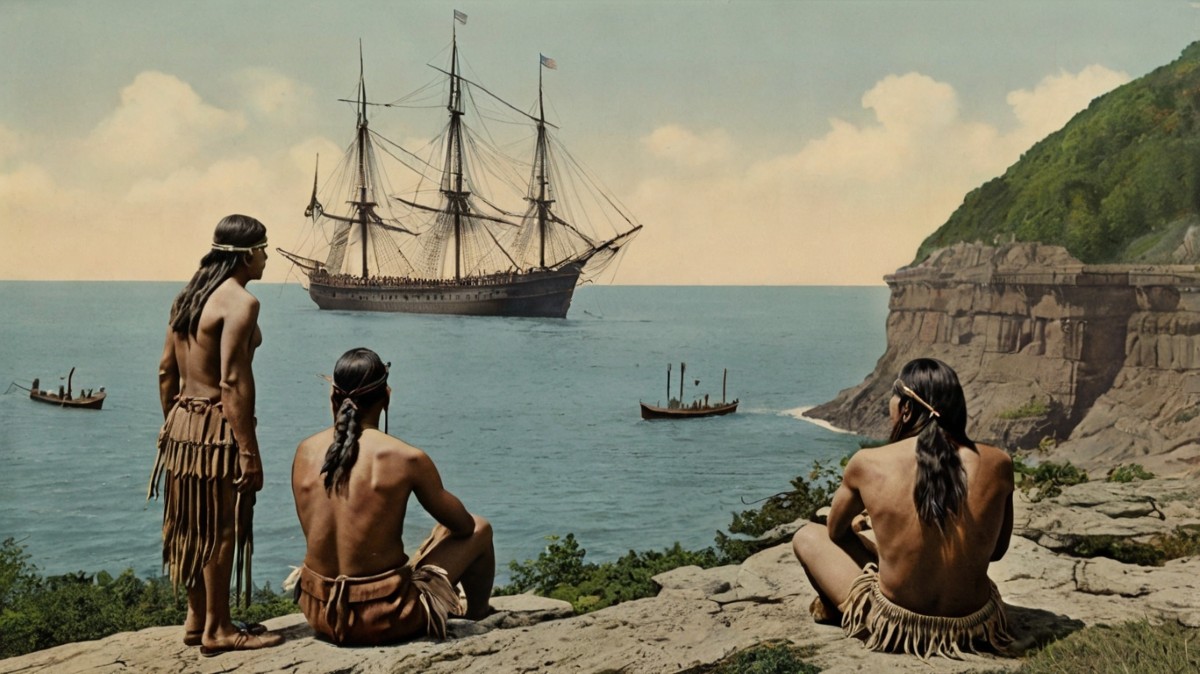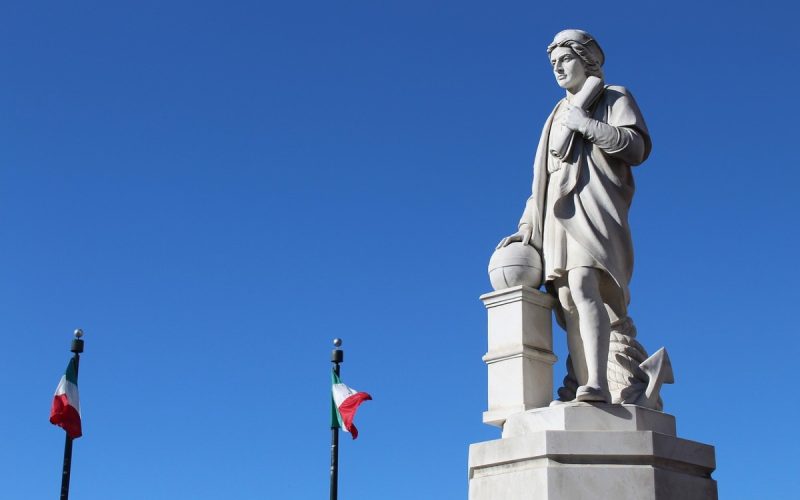Donald Trump’s latest statement about Columbus Day has stirred conversation across the country. Over the weekend, Trump declared he would “bring Columbus Day back from the ashes,” blaming political opponents for undermining the holiday and its traditional meaning. He emphasized support for Italian Americans and criticized the removal of Columbus statues in various cities.
Despite the rhetoric, Columbus Day remains one of the eleven federal holidays in the United States. It is observed every year on the second Monday in October. In 2025, Columbus Day falls on October 13.
Federal employees receive a paid day off, government offices and most banks close, and the day is

marked by parades and community events in regions that still actively celebrate the holiday.
The roots of Columbus Day as a federal holiday go back to 1937, and it was moved to its current calendar spot in 1971. The holiday commemorates Christopher Columbus’s arrival in the Americas in 1492 and has long been a point of pride for many Italian-American communities. Cities like San Francisco and New York have hosted large parades for decades, with New York’s event drawing tens of thousands of marchers and huge crowds.
However, the holiday’s legacy has become increasingly controversial. Many states and cities have shifted away from Columbus Day, instead observing Indigenous Peoples’ Day to honor Native American history and resilience. States like Maine, Vermont, and New Mexico, as well as major cities including Los Angeles and Seattle, now officially recognize Indigenous Peoples’ Day on the same date. Some states, such as New York and Rhode Island, recognize both holidays. In contrast, more than half of U.S. states do not officially observe either day as a state holiday, leaving the decision to local governments and businesses.
A key detail often missing from national coverage is the patchwork nature of observance. While Columbus Day is a federal holiday, private employers are not required to provide time off, and many businesses remain open. The holiday’s meaning and recognition vary widely depending on local policies and community values.
Trump’s announcement has highlighted the ongoing cultural debate. While the federal status of Columbus Day has not changed, the conversation around it reflects broader questions about American identity, history, and inclusion. This year’s Columbus Day will likely see continued discussion about how the nation chooses to commemorate its past and whose stories are elevated in the public sphere.





